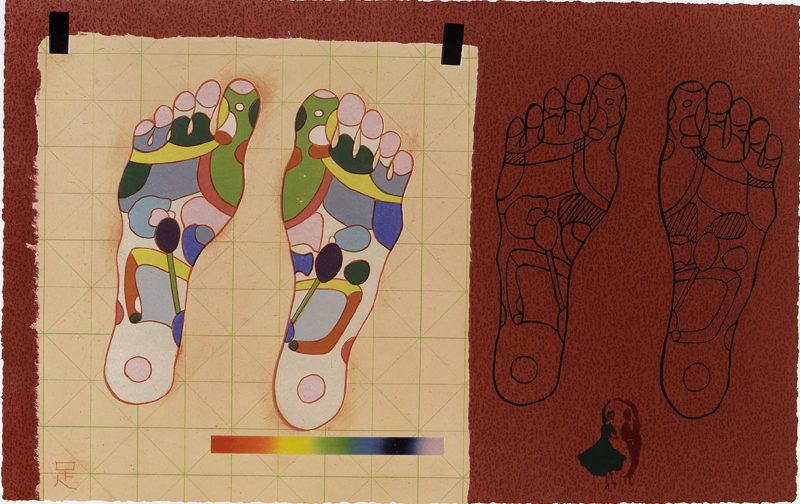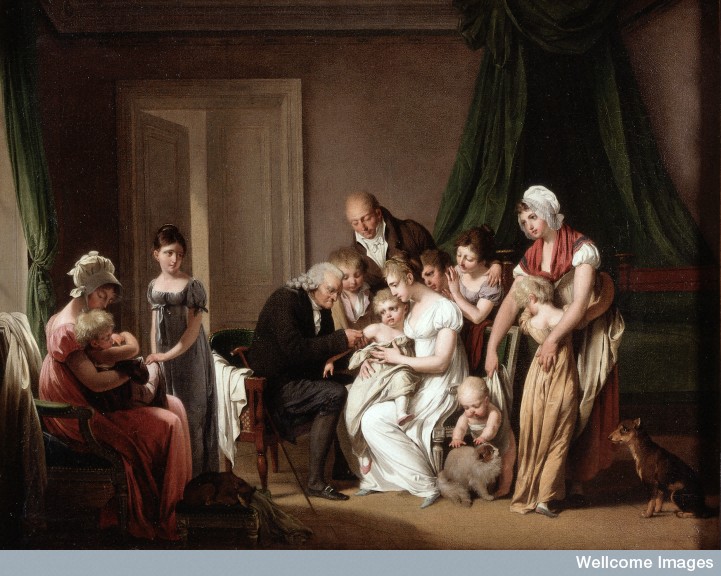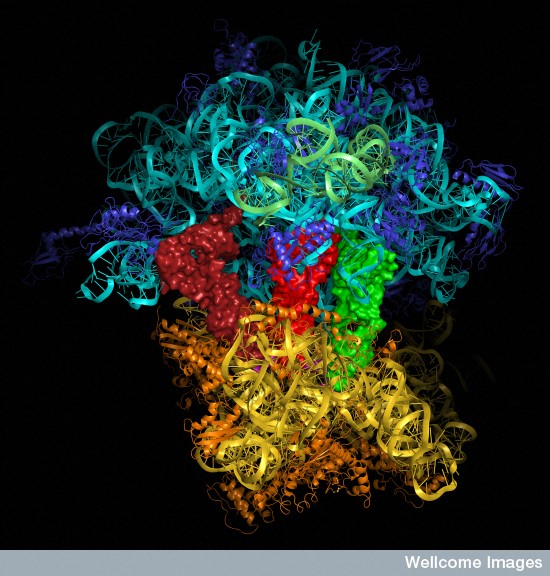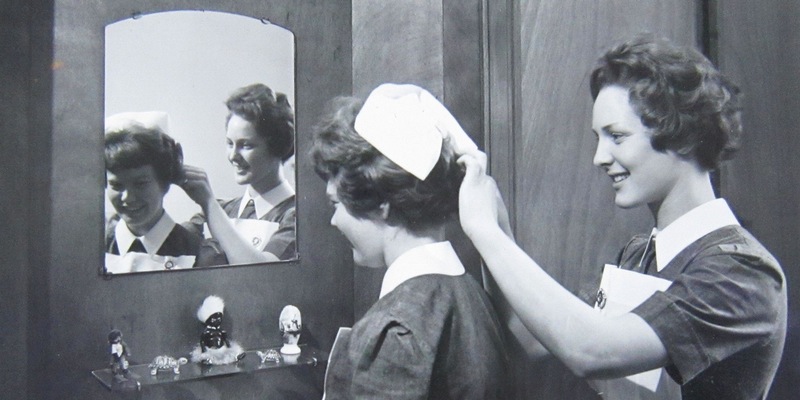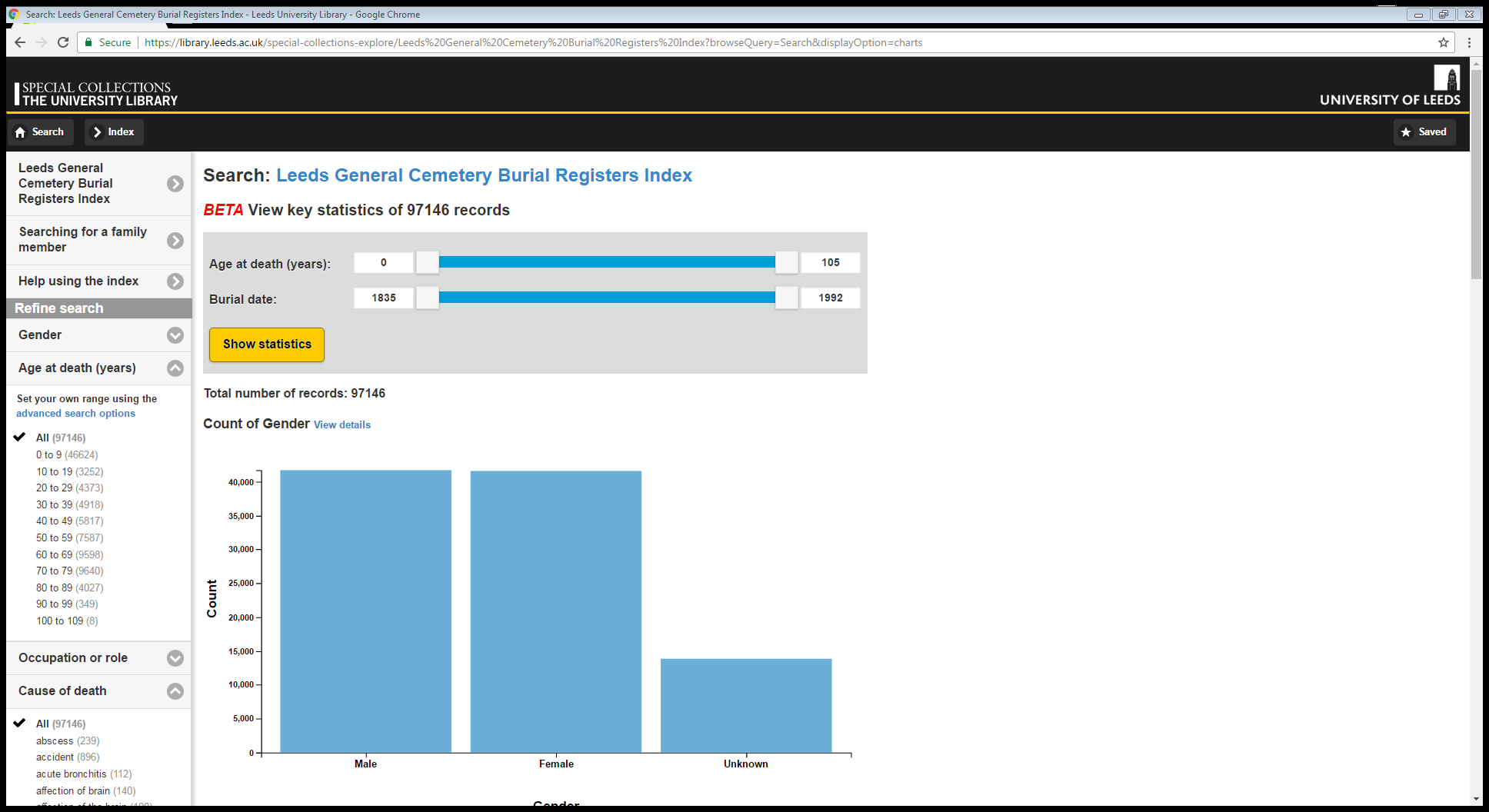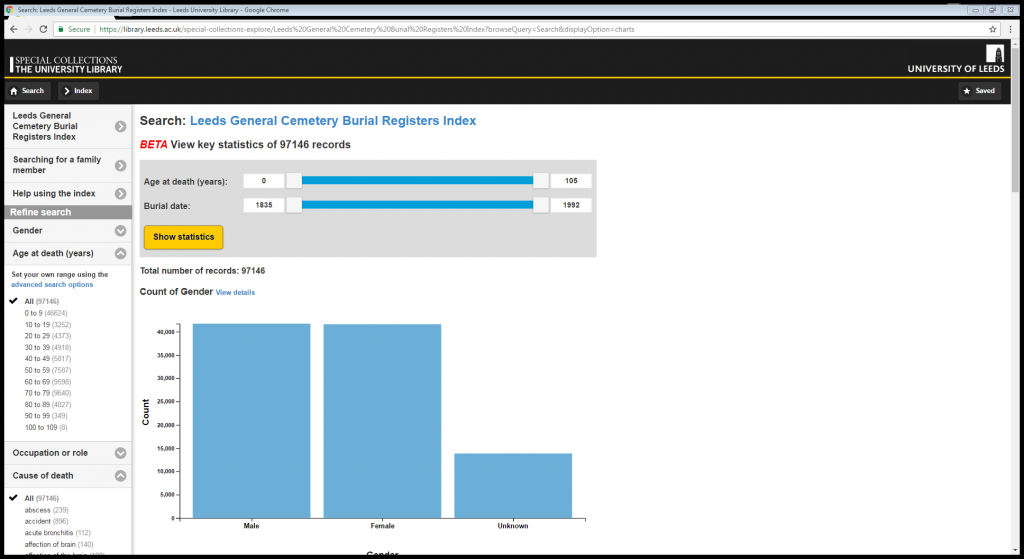Assessing popular medicine in Welsh literature
Posted onThe National Library of Wales (Llyfrgell Genedlaethol Cymru) are currently assessing their medical and public health books within their Welsh Print Collection. Welsh interest in medicine and the medical has a long pedigree dating back to the Physicians of Myddfai and beyond. Welsh works on medicine date back to William Salesbury’s 16th century treatise on herbs and herbal medicines, Llysieulyfr, not published until 1916, through to the profusion of books on popular medicine published in the 18th and 19th centuries and towards the present day.
The National Library are published a series of blogs about their finds, with the initial post focusing on late 18th and early 19th century popular medical literature, where there was a boom in the publication on the subject. The growth in the publication of books on the subject during this period was part of a boom in the publication of books on specialist subjects for the general reader that was fuelled by the emergence of a growing literate population, hungry for new knowledge of all kinds.
Williams’ Pharmacopoeia was a bilingual book that offered herbal remedies for a large range of maladies ranging from asthma and rheumatism to liver complaints, scurvy and consumptive fits, along with recipes and instructions for preparation of a good poultice, bitter wine, purging drinks and the ever-so-appetising syrup of turnips…
Read more here: http://www.llgc.org.uk/blog/?p=14599
